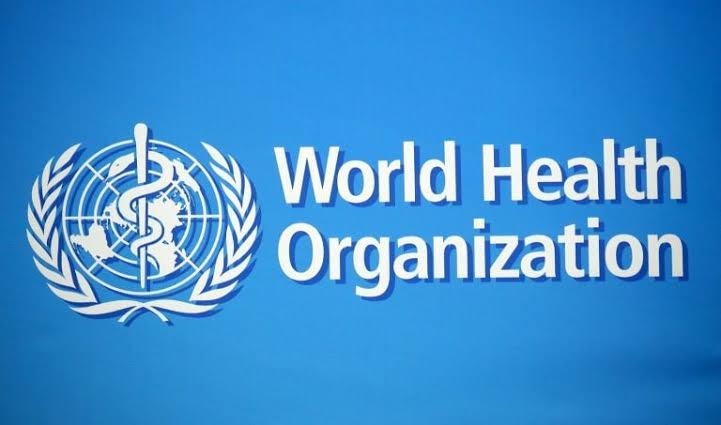By Haruna Gimba
The World Health Organisation (WHO) expert panel countered concerns over the efficacy of the AstraZeneca COVID vaccine, insisting that it’s the right thing to do, “to use it even in countries where variants had surfaced.
“Even if you have the circulation of a variant in a country, there is no reason that we see for now, not to use the AstraZeneca vaccine as indicated.
“There is no reason not to use it to be able to reduce the levels of severe disease in that population,” said Dr Alejandro Cravioto, Chair of the Strategic Advisory Group of Experts on Immunisation (SAGE).
The development follows the recent release of data from a study in South Africa indicating that the AstraZeneca jab provided little protection against a variant of the new coronavirus among older people.
At a press conference in Geneva, SAGE Executive Secretary, Dr Joachim Hombach, described that study as ‘relatively modest,’ while Dr Cravioto added that few over 65s had taken part in it.
WHO’s head of immunisation, Dr Kate O’Brien said that the South African study’s findings were inconclusive, albeit demonstrating a low efficacy against mild and moderate disease.
“Most important was the ‘absence of evidence from that trial over whether the AZ product has efficacy against severe disease, hospitalisation and death. That is the outcome of most interest and most impact for early roll-out of vaccines,” O’Brien said.
From research into the new coronavirus’ response to vaccines in trials so far, O’Brien explained that the highest impact had been among the most poorly patients.
“For all of the vaccines there is a gradient of response and the highest response is against the most severe disease and somewhat lower efficacy for moderate and then further down for milder disease, this is not unique to coronavirus vaccine,” she said.
The vaccine should be administered in two doses to people over 18 years old “without any upper age limit,” Cravioto said, adding that the “best” interval between the first and second doses was eight to 12 weeks, to ensure an increased immune response.
Although the vaccine is “safe”, the SAGE Chair said that owing to a lack of available data, it was not yet possible to make a recommendation about whether the vaccine should be given to all pregnant or breastfeeding women.
Also, WHO Chief Scientist, Dr Soumya Swaminathan, urged countries to use the AstraZeneca vaccine, particularly those for whom it would be their sole protection against the virus, insisting that there was no time to lose.
“The vast majority of countries that are still waiting to introduce a vaccine – and this vaccine may be the first one, certainly the benefits will far outweigh the risks.”
Dr Swaminathan also issued a call for greater genomic monitoring of COVID-19 transmission in initiatives including the Africa Pathogen Genomics Initiative.
“In many other countries the situation may be that with very limited sequencing they’ve been able to detect this variant, but they don’t know the spread. And therefore, they’re very cautious in making decisions based on very limited data.”


